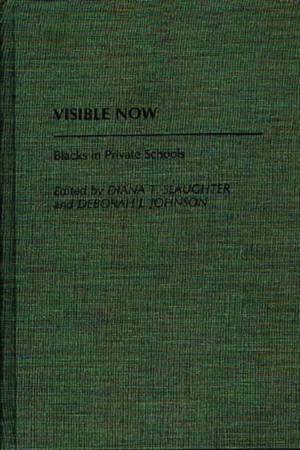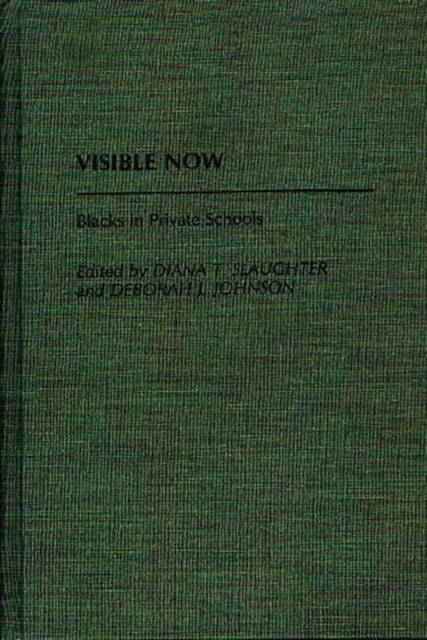
- Afhalen na 1 uur in een winkel met voorraad
- Gratis thuislevering in België vanaf € 30
- Ruim aanbod met 7 miljoen producten
- Afhalen na 1 uur in een winkel met voorraad
- Gratis thuislevering in België vanaf € 30
- Ruim aanbod met 7 miljoen producten
Omschrijving
Since 1970 increasing percentages of Black students have enrolled in all types of private schools in diverse, though predominantly urban, regions of the nation. Since more than 90 percent of all Black students receive instruction in public schools, it is perhaps not surprising that researchers have paid scant attention to the educational status of the minority who have attended independently funded schools. The authors of this book present the first systematic treatment of the subject, looking at all aspects of the educational experiences of the Black children in private and parochial schools, and they explore the implications of private schooling for educational policy and future research. The editors' introduction provides an overview of the educational situation of Black children, focusing on the interface between the children, their families, and academic achievement in their schools. The organization of the volume reflects the diversity of private school types attended by Black children.
Issues discussed are related to Black parent and student experiences in desegregated elite private schools, parochial schools, and predominantly Black private schools. The parental involvement in the schools is addressed as well as alternative types of organizational support systems for the Black students. Also discussed are the findings of recent research and information related to Educational Policy issues: research related to parental choice of private schooling, research on the racial coping strategies of parents of children in predominantly Black independent schools, educational policy issues and implications, for both private and public schools. The volume concludes with discussion of theoretical and research issues associated with the policy implications of their experiences for both public and private education.Specificaties
Betrokkenen
- Auteur(s):
- Uitgeverij:
Inhoud
- Aantal bladzijden:
- 360
- Taal:
- Engels
- Reeks:
Eigenschappen
- Productcode (EAN):
- 9780313259265
- Verschijningsdatum:
- 14/12/1988
- Uitvoering:
- Hardcover
- Formaat:
- Genaaid
- Afmetingen:
- 152 mm x 229 mm
- Gewicht:
- 703 g

Alleen bij Standaard Boekhandel
Beoordelingen
We publiceren alleen reviews die voldoen aan de voorwaarden voor reviews. Bekijk onze voorwaarden voor reviews.











